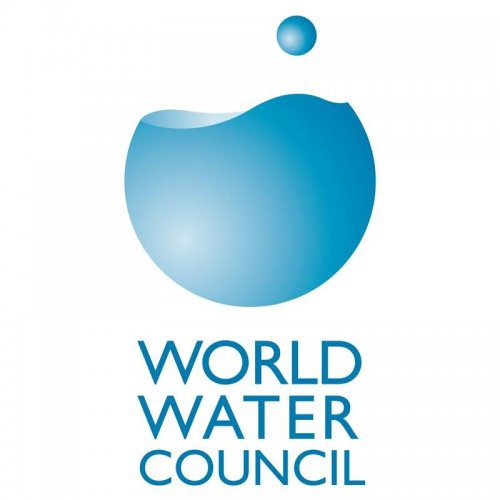Asia-Pacific Region Home to Nearly Two-Thirds of Global Population But Only Uses One-Third of the World’s Water Resources

World Water Council, Marseille – Water security issues in the Asia-Pacific region remain an obstacle towards improving people’s livelihoods and the environment. Working together with partners and governments in the region, the World Water Council is participating in the Asia-Pacific Water Summit (APWS). The conference brings together top government leaders and water community actors in the region to focus on water issues and sustainable development ahead of the 2018 World Water Forum in Brasilia. The Third APWS will take place on 11th and 12th December, 2017 in Yangon, Myanmar, jointly organised by the Republic of the Union of Myanmar and the Asia-Pacific Water Forum (APWF). APWF has been nominated as a regional coordinator of Asia-Pacific in collaboration with its partner organizations for the regional process of the 8th World Water Forum.
The Asia-Pacific region faces many threats to water resources, including poor access to water and sanitation, limited water availability, deteriorating water quality, and increased exposure to climate change and water-related disasters. Per capita, water availability in Asia is the lowest in the world. Domestic sewage is a particular concern as it affects ecosystems located near densely populated areas. Approximately 150 to 250 million m3 per day of untreated wastewater from urban areas is discharged into open water bodies or leached into the subsoil.
Cooperation and development are central to the World Water Council’s (WWC) mission to raise awareness and promote improved water resources management. Global dialogue and strategies that promote cooperation define future development and local strategies. Under the theme, “Sharing Water”, the 8th World Water Forum will take place from the 18th to the 23rd of March 2018, in the Brazilian capital, Brasilia. Registration for the event is now open (click here). “The purpose of the World Water Forum is to bring professionals closer to the decision-makers, the political class. We want ministers, heads of state, parliamentarians, mayors and presidents of municipal chambers to participate in the Forum, to exchange knowledge and to mobilize themselves around the rational use of water and global water security,” explained Kanupriya Harish, World Water Council Bureau member from the Jal Bhagirathi Foundation in India.
Through events such as the World Water Forum and APWS the World Water Council seeks to increase awareness among governments and stakeholders on the interdependencies between water, food, energy, climate change, health and education. Both these events represent an opportunity to bring to the fore the relationship between sustainable water resource management and the need for secure drinking water and adequate sanitation.
With an interdisciplinary alliance of partners and government bodies, the World Water Council is in a unique position to bring together opinion and decision makers to provide creative solutions to collective water challenges, including infrastructure financing. “The situation of poorer countries in Africa, Asia and Latin America, is complicated. If we do not have funding mechanisms for these structures, these countries will suffer much more than today. In certain places, it is important for the public and private sectors to be interested in financing this type of structure together, namely that related to electricity generation, irrigation, water supply and sewage treatment. It is important for this flow of investment to occur so these countries can have a minimum quality of life consistent with the 21st Century,” details Benedito Braga, World Water Council President.
About the World Water Council:
The World Water Council (WWC) is an international multi-stakeholder platform organization, the founder and co-organizer of the World Water Forum. The World Water Council’s mission is to mobilize action on critical water issues at all levels, including the highest decision-making level, by engaging people in debate and challenging conventional thinking. The Council focuses on the political dimensions of water security, adaptation, and sustainability, and works to position water at the top of the global political agenda. Headquartered in Marseille, France, and created in 1996, the World Water Council brings together over 300 member organizations from more than 50 different countries. More on www.worldwatercouncil.org @wwatercouncil #wwatercouncil


